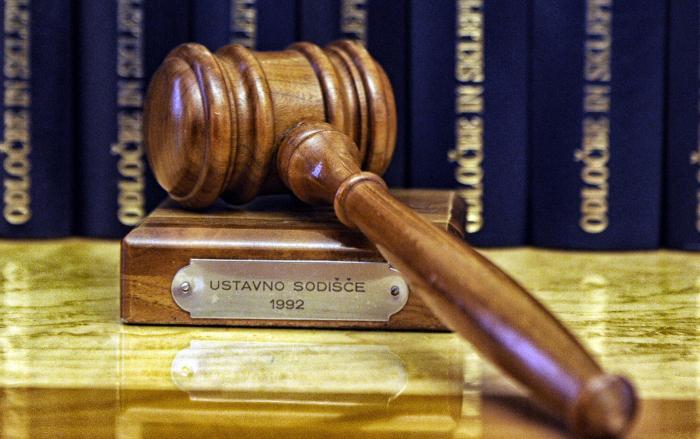The Constitutional Court has decided that the National Assembly had inadmissibly interfered with the right of Janez Janša to perform the mandate obtained through elections, thus violating the 43th article of the Constitution. Janša reacted on Twitter with words "now the reason behind the fury of F571 is revealed".
The court's decision was unanimous
Janša has already returned to the parliament, as the Constitutional court months ago decided to stay the parliamentary decision to revoke his term. The explanation given by the constitutional judges was that if, at the revision of the contents of the verdict in the Patria case, violation of human rights would be established, the consequences would be difficult to repair and detrimental to the good and efficient work of the democratic parliament and the authority body.
The president of the SDS Party was elected as an MP at the last parliamentary elections, but for some time he had to perform his function 'out of jail'. He had to obtain permission by the institution management at Dob for exits, in order to participate at the sessions.
Last year the National Assembly adopted a problematic decision that with the finality of the judgment in the Patria case Janša had automatically lost his parliamentary mandate.
The Constitutional Court also established that the judgment in the Patria case had been based on violation of human rights, therefore it was repealed and the case returned to the first instance. If the bill of indictment is accepted for processing, the decision will have to be made regarding the date of the statute of limitation: either this August, as imposed by the old penal code, or after two years, as imposed by the presently valid penal code.
In the meantime the judgment in the Austrian Patria case has become final.
Al. Ma.
Translated by G. K.


































































